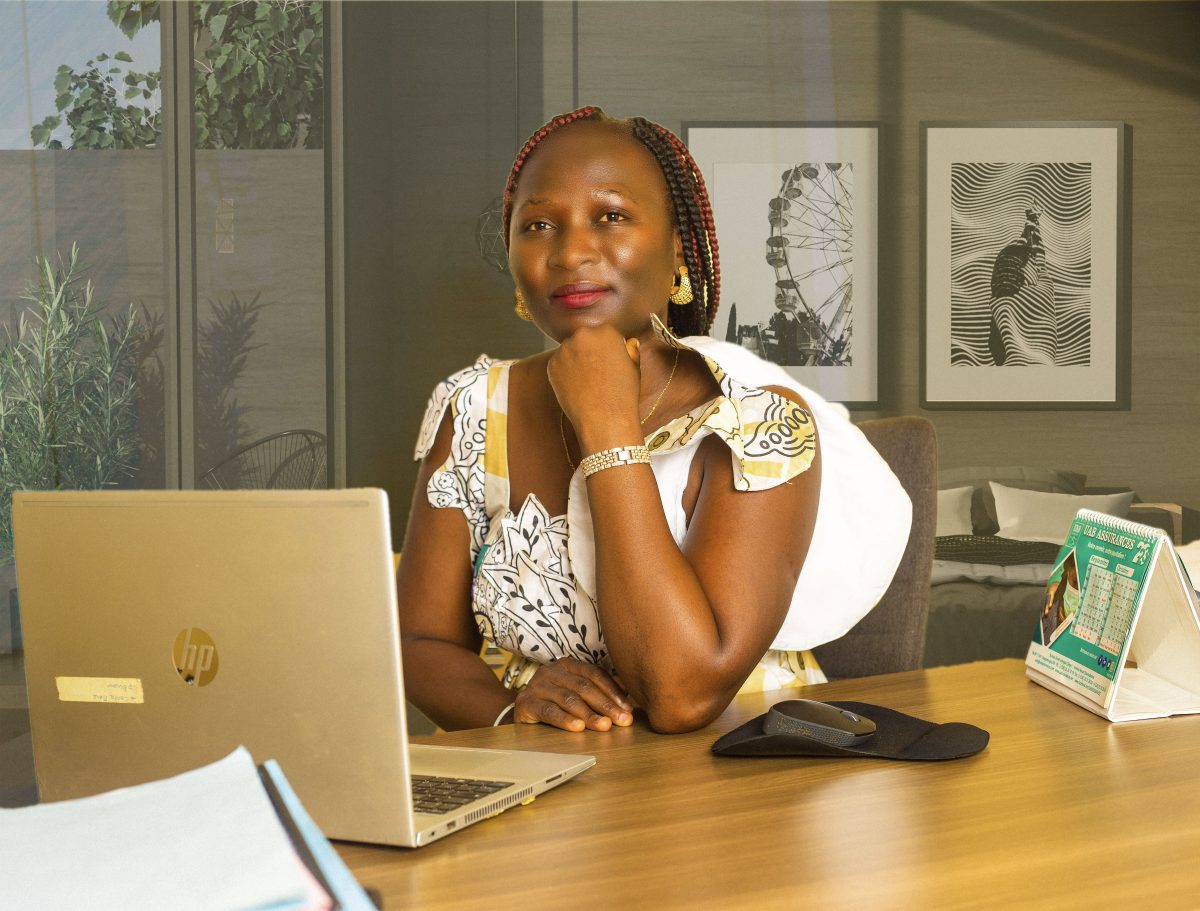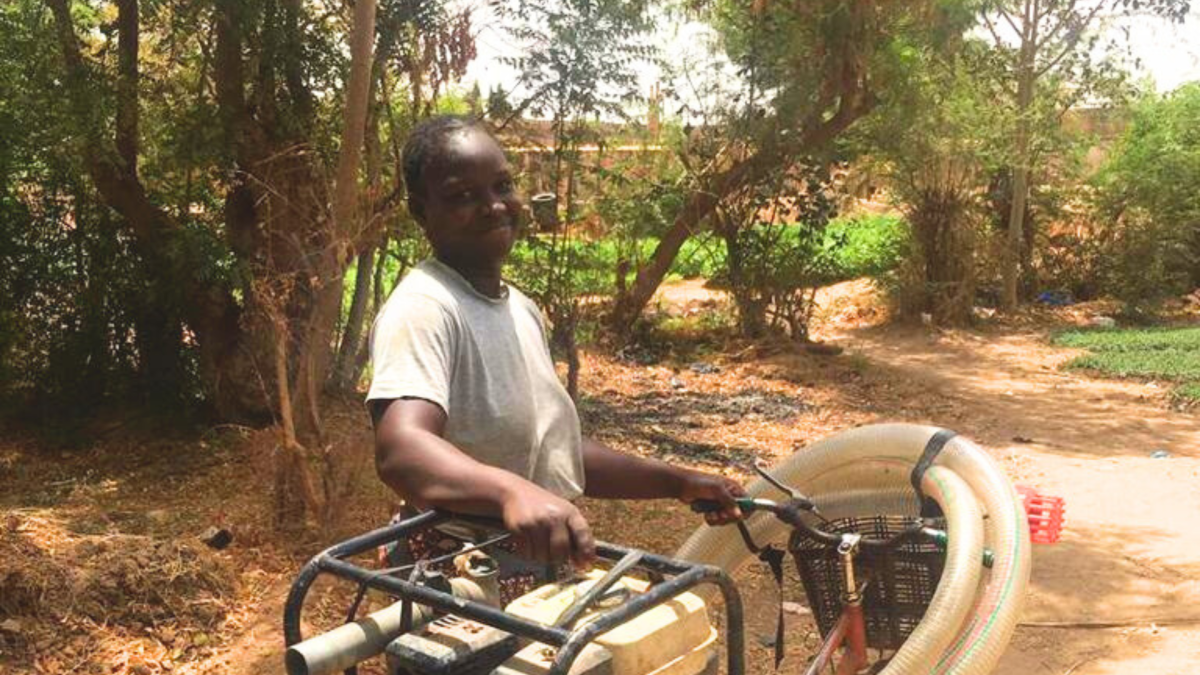Sahel region: Access to water for women-led farming is a win for communities
Posted in : A View From The Field on 26 February 2024

Abibata Ouattara from Burkina Faso firmly believes in the value of water and women and their intersection.
“With water,” she says, “we have health. With water, we have financial resources. With water, we have access to better food.”
Ouattara is a Water Security Specialist for Winrock International, a US-based non-profit organization with projects in the areas of water security, climate change, agriculture, resilience, etc. She recently worked on a CIWA project in 2021 to uncover the challenges of access to groundwater for irrigation by farmers in the Sahel, focusing on the constraints that women in Burkina Faso face when deploying groundwater irrigation.
She highlights that women face several major obstacles when it comes to access to groundwater irrigation. Firstly, there is the issue of lack of access to land due to socio-cultural constraints that discourage women’s land ownership. Furthermore, women are reluctant to invest in wells and boreholes if they do not have access to land. Secondly, there is the challenge of limited access to irrigation technologies, starting with the lack of information about the technologies and related issues. Thirdly, there is the lack of access to the financial resources needed to purchase equipment and other agricultural infrastructure.
Ouattara suggests that in order to overcome the lack of access to land, the government should prioritize access and securing of land to women by imposing that a certain portion of the land developed in the irrigation projects be reserved for women. Furthermore, she emphasizes the importance of adapting certain infrastructure to meet the needs of women, such as the design of more user-friendly means of excavation. Finally, she stresses the necessity for governments to improve women’s access to grants and loans for irrigation.

Ouattara is a Quality, Safety, and Environment Engineer who specialized in Water, Hygiene and Sanitation in Humanitarian contexts (WaSH-Humanitarian). Always in pursuit of knowledge, she obtained an Executive Master in Development Policy and Practice, with a focus on how development projects can be adapted to unstable contexts, such as Burkina Faso.
Due to her interest in humanitarian assistance, she founded a local association to help vulnerable people, particularly women and children, in need.
“There is nothing more exhilarating than serving others and, as a woman, it is always with a joyful heart that one supports other women,” says Ouattara. “In fact, there is no greater joy than that of dedicating oneself to others!”


